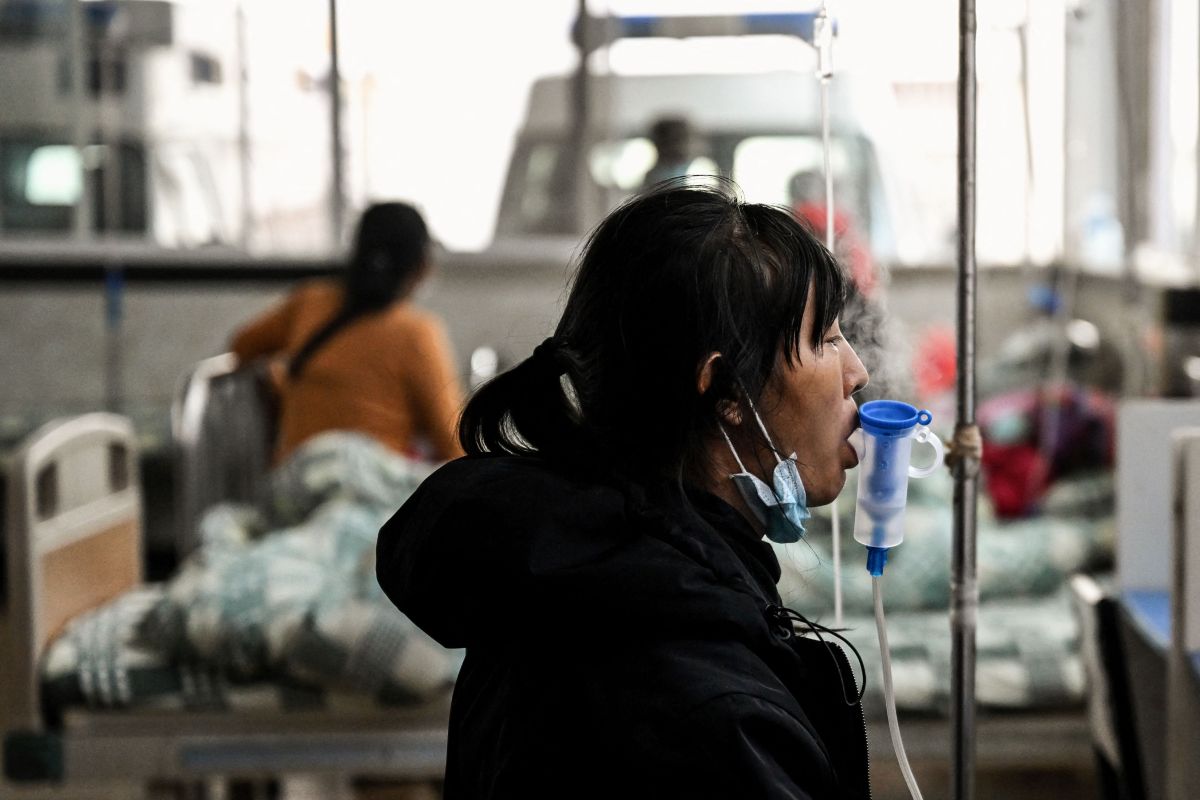When the US President Joe Biden’s Administration officially ends the COVID-19 national emergency declarations on May 11, the federal government will no longer directly manage the response to the health emergency. This means that each agency will take charge of the work that corresponds to it in the organization chart of health services as it was done before.
Once the change is made official, the costs of vaccines against COVID-19 are expected to increase, since the Government will stop buying them. Pfizer said it will charge up to $130 per dose.
People with private insurance may have to pay more for vaccinations, especially if they go to a provider outside of their network. In addition, free in-home trials will also no longer be offered.
In making the announcement, the White House explained that, in order to end the provisions, virtually every person must answer for their preventative behavior.
“To be clear, the continuation of these emergency declarations through May 11 does not impose any restrictions whatsoever on individual conduct with respect to COVID-19,” the Administration said. “They do not establish mask or vaccine mandates. They do not restrict school or business operations. They do not mandate the use of any drugs or tests in response to COVID-19 cases,” they added.
In summary, as of May 11, the virus will be treated as an endemic threat to public health.
Former President Donald Trump first declared the COVID-19 pandemic a national emergency on March 13, 2020. Biden has extended emergencies several times since he became president.
The government planned to end the declarations last year, but backed down due to a possible increase in cases over the winter. The alteration also gave providers, insurers and patients time to prepare. For their part, the Republicans in the lower house approved a bill to end the health emergency.
Although the number of tests carried out to detect the virus has been drastically reduced, the case count continues to decline and below the levels registered in the last two years.
For the World Health Organization (WHO), the coronavirus continues to represent a global health emergency. However, a division of that agency determined that the pandemic may be nearing a tipping point where higher levels of immunity could reduce virus-related deaths.
It may interest you:
The United States will require negative tests of Covid-19 to travelers from China
